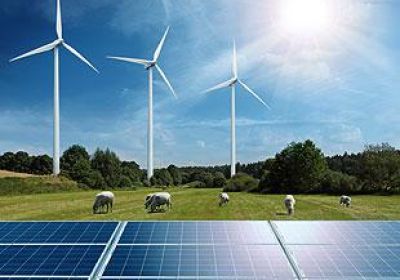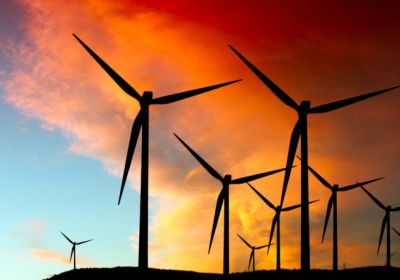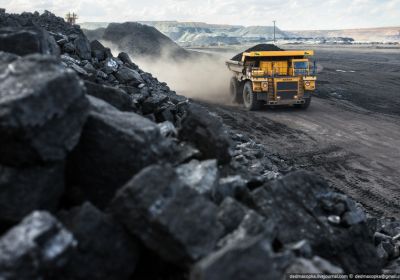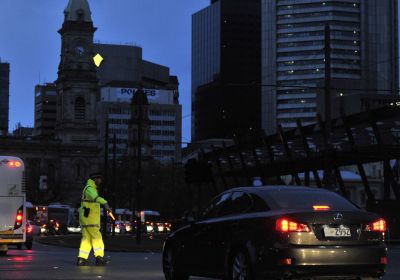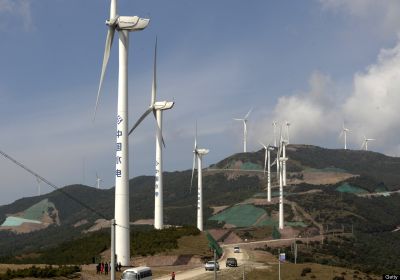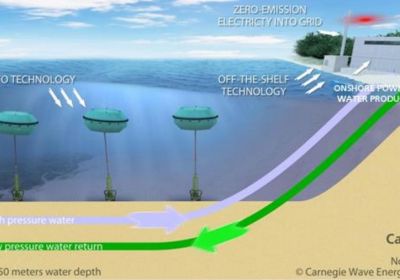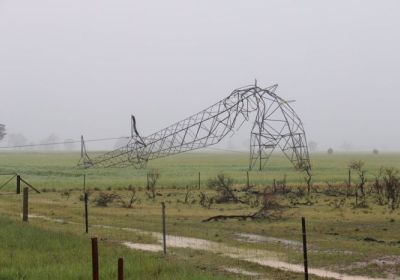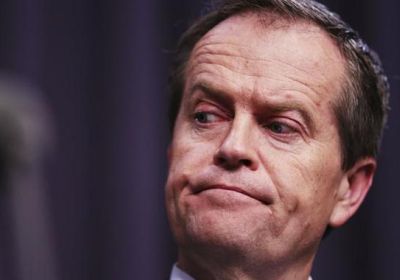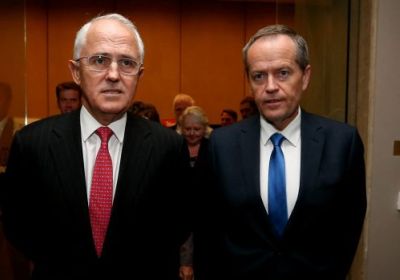-
-
-
-
-
-
-
-
-
-
-
-
 In 2000, renewable energy made up just 6.3% of Germany's electricity. By last year, it had risen to 31%. Cloudy Germany became a leading innovator in solar energy. It did so not by subsidising large power utility companies, but by mobilising hundreds of thousands into energy cooperatives. The two legs of this democratic energy transition are Germany's commitment to phase out nuclear power and its feed-in tariffs, which allowed small renewable energy producers to sell their electricity.
In 2000, renewable energy made up just 6.3% of Germany's electricity. By last year, it had risen to 31%. Cloudy Germany became a leading innovator in solar energy. It did so not by subsidising large power utility companies, but by mobilising hundreds of thousands into energy cooperatives. The two legs of this democratic energy transition are Germany's commitment to phase out nuclear power and its feed-in tariffs, which allowed small renewable energy producers to sell their electricity.
Renewable energy
Renewable energy
